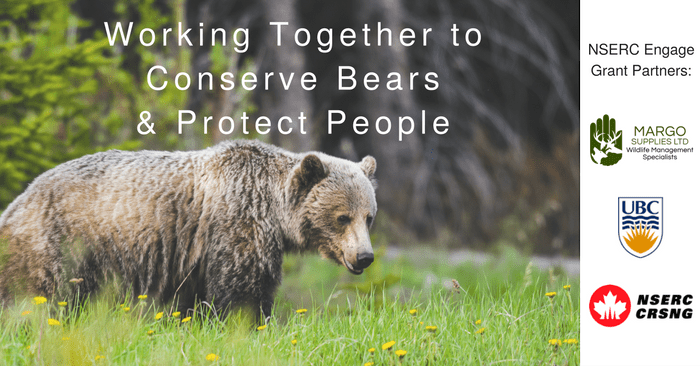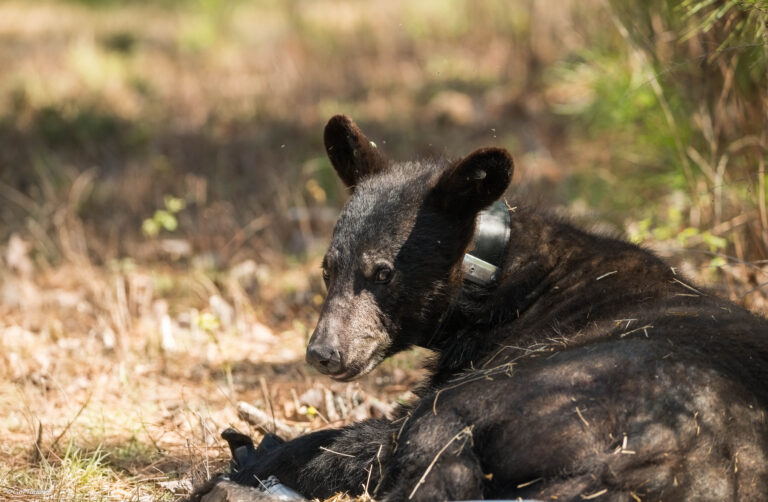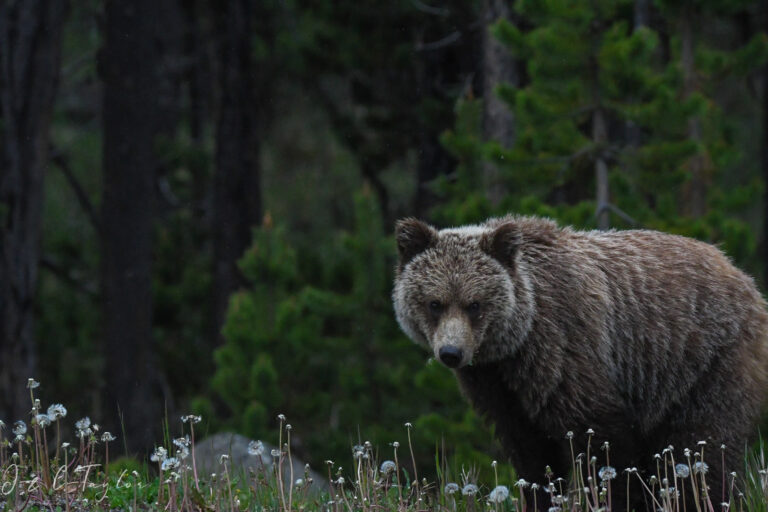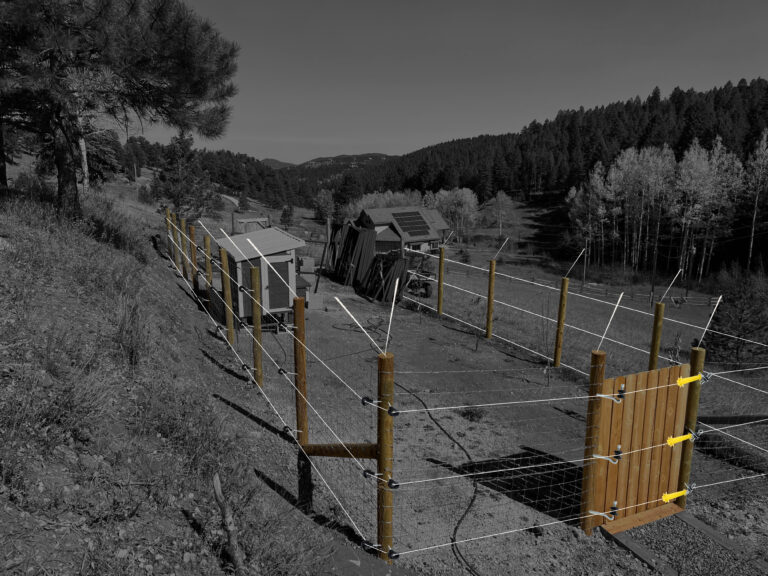Press Release– Margo Supplies is proud to announce our involvement in a new computer modeling study over the next year. We will work alongside Dr. Lael Parrott of UBC – Okanagan to research the best methods for reducing human-bear conflicts in Whistler, BC in Canada.
Dr. Parrott has received federal funding through the Natural Sciences and Engineering Research (NSERC) Engage Grant to support the study. The grant is designed to facilitate partnerships between innovative Canadian companies and experts at Canadian universities and colleges.
Human-bear conflicts occur when bears become habituated to human presence or are rewarded with non-natural food, including garbage. Habituated and food-conditioned bears pose a threat to property and human safety and are often euthanized.
By using non-lethal deterrents and attractant management methods, we can prevent bears from becoming conflict bears, preventing damage to property and people, and conserving bear populations. Non-lethal methods include aversive conditioning using pyrotechnic noisemakers, also known as bear bangers, and electric fencing around known attractants.
The Engage Grant will support the development of a computer agent-based model, which replicates the ecosystem of the Whistler Valley, and places simulated bears within it. This theoretical model will be used to test different deterrent and attractant management strategies and predict their effectiveness.
The model will be able to predict what changes in bear behaviour are likely to occur in different deterrent and attractant management scenarios. By including both costs of deterrent strategies as well as responding to problem bears, this model will become a tool municipalities can use to help determine the best solutions and the most efficient way to allocate funds and reduce the number of conflict bears as a result of human activity.
“I think most people enjoy sharing the landscape with bears,” says Jeff Marley, president and founder of Margo Supplies. “Our goal is to develop a model that any municipality can use to help inform their bear programming, ultimately creating a better way for us to co-exist with bears.”
“Human-bear conflict is a wicked problem with many facets, both ecological and social,” says Dr. Lael Parrott. “By developing a new way to analyze how bears respond to human development across an entire landscape, we hope to help inform bear management, conserving bears while protecting people and property.”
- Dr. Lael Parrott is a Professor of Earth and Environmental Science and Biology at the University of British Columbia – Okanagan Campus. She develops computational models of complex ecosystems, which inform environmental management decisions in the real world. Parrott’s research is focused on creating ways to improve our quality of life while reducing our environmental impact.
- Learn more about the Natural Sciences and Engineering Research Council (NSERC) Engage grant.
- Agent-Based Modeling simulates individual actors and their interactions with the ecosystem through computer modeling. By simulating the actions of individual animals, Agent-Based Modeling can be used to test and predict the effect on animal behavior caused by changes in the ecosystem.




